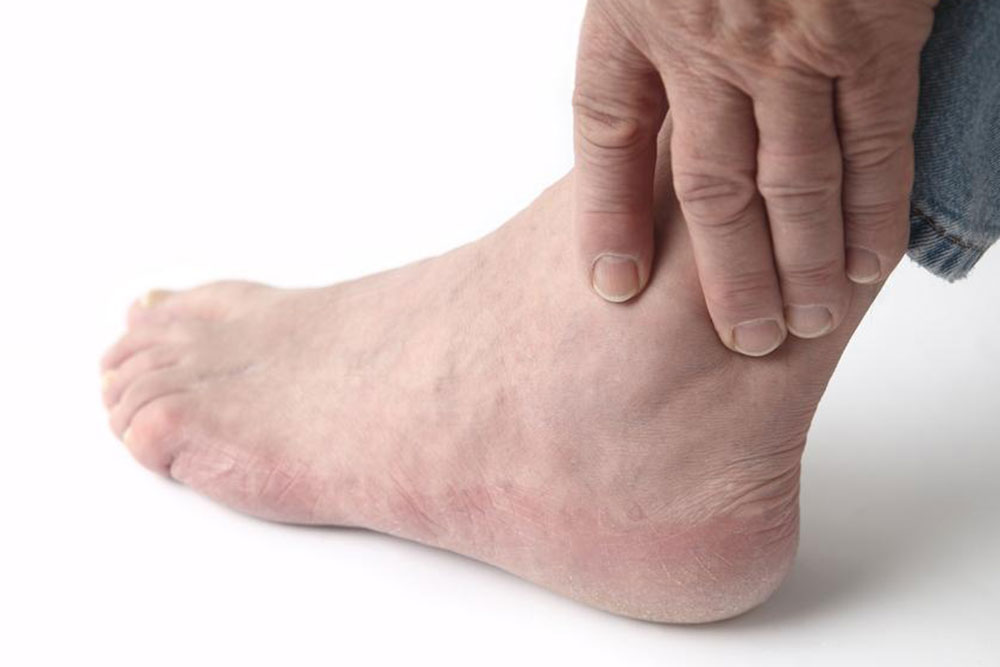Understanding and Managing Causes of Tingling Sensations
This article explores various causes of tingling sensations in limbs, including nerve compression, spinal issues, autoimmune diseases, and injuries. It discusses diagnosis methods and treatment options like therapy, medication, and surgery to effectively manage these symptoms, emphasizing the importance of medical consultation for persistent cases.
Sponsored

Experiencing tingling in your hands or feet after sleeping in an awkward position or sitting cross-legged is common. This sensation often results from nerve pressure, leading to a pins-and-needles feeling. While usually harmless, persistent tingling warrants medical attention. Nerve damage is a primary cause, which can result from various conditions. Most cases of tingling can be alleviated through physical therapy and medication, without invasive procedures.
Etiologies include nerve compression, spinal issues, autoimmune diseases, systemic conditions, and injuries. Accurate diagnosis through tests like MRI or EMG is essential to determine the cause and appropriate treatment plan.
Common causes of tingling in hands and feet include:
Carpal Tunnel Syndrome: Compression of the median nerve in the wrist causes tingling, often from repetitive motions like typing or sports. Diagnosis involves EMG and ultrasound. Treatment includes anti-inflammatory drugs and physical therapy.
Spinal Stenosis: Narrowing of spinal canal spaces pressures nerve roots and the spinal cord, resulting in tingling in limbs. It can be diagnosed via MRI or CT scans and managed with injections, therapy, or surgery.
Multiple Sclerosis: An autoimmune disease causing nerve tissue scarring in the brain or spinal cord. Symptoms like tingling, vision problems, and coordination issues can be mitigated with medication, delaying progression.
Systemic Conditions: Diseases such as liver issues, hypothyroidism, or cancers can damage nerves, leading to numbness. Treatment depends on managing the underlying disease as directed by healthcare providers.
Nerve Injury: Trauma, herniated discs, or dislocated bones can harm nerves, causing tingling. Recovery may involve physiotherapy, medications, or surgery based on injury severity.






